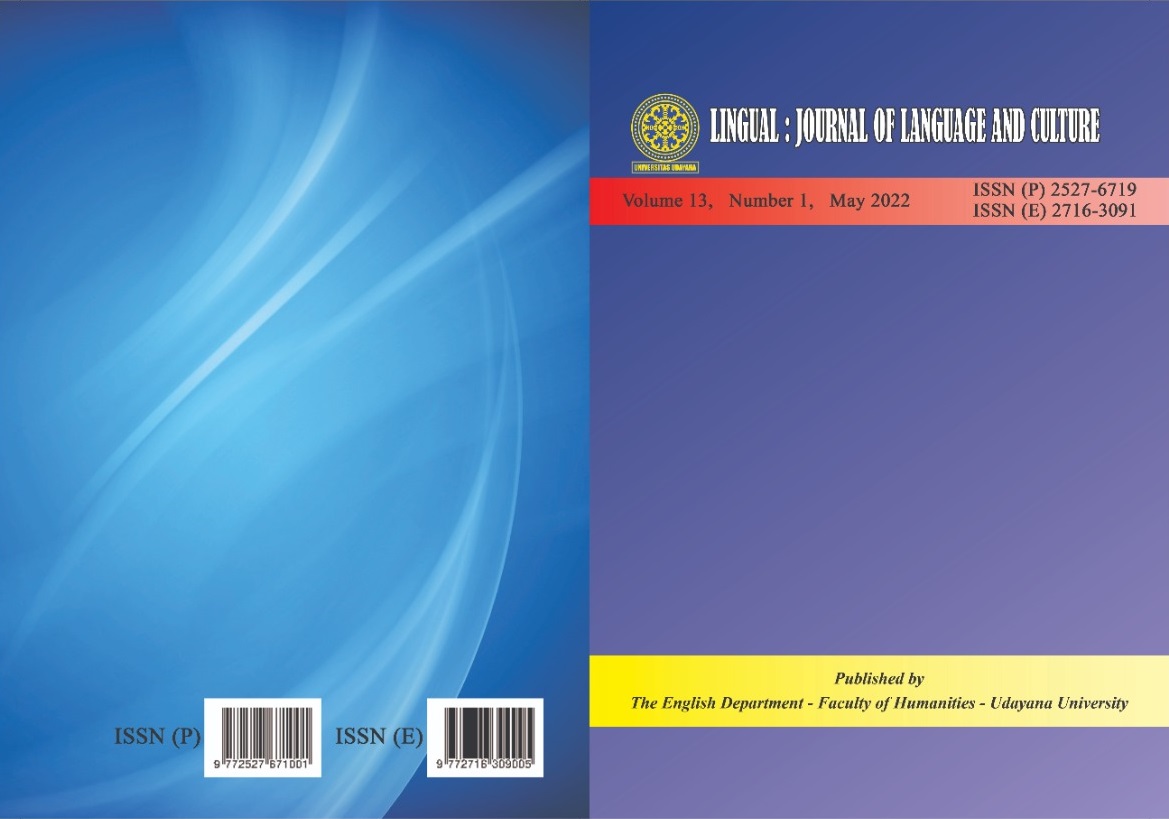A Pedagogical Perspective to Semantic Features of Nigerian English
Abstract
The study examined the semantic manifestations of English words in the Nigerian contexts and the implications for teaching in Nigerian secondary and primary education. The data for this study were obtained from Roger Blench’s (2005) Dictionary of Nigerian English (DNE) and Corpus of Global Web-Based English. While lexical items were culled from the dictionary, the contextual usages of the words which were drawn from the dictionary were gathered through the Corpus of Global Web-Based English. Using a lexical semantic approach, the study compared Standard English and Nigerian English by accounting for semantic shifts, semantic extensions, and morphologically marked neologisms in Nigerian English. Nigerians rarely utilize NE words that represent complete semantic shifts from BrE meanings. Unlike the 'total shift' situation, there is a disparity in the general usage of words to manifest NE extended meaning. The conclusion from the study is that, as it is evident that the English spoken in Nigeria is not the same as British English or American English, examination bodies’ insistence on BrE and AmE is futile and unreasonable. Nigerian English should be recognised by examination agencies; it should be developed and adopted as the Language of pedagogy for primary and secondary education in Nigeria.












